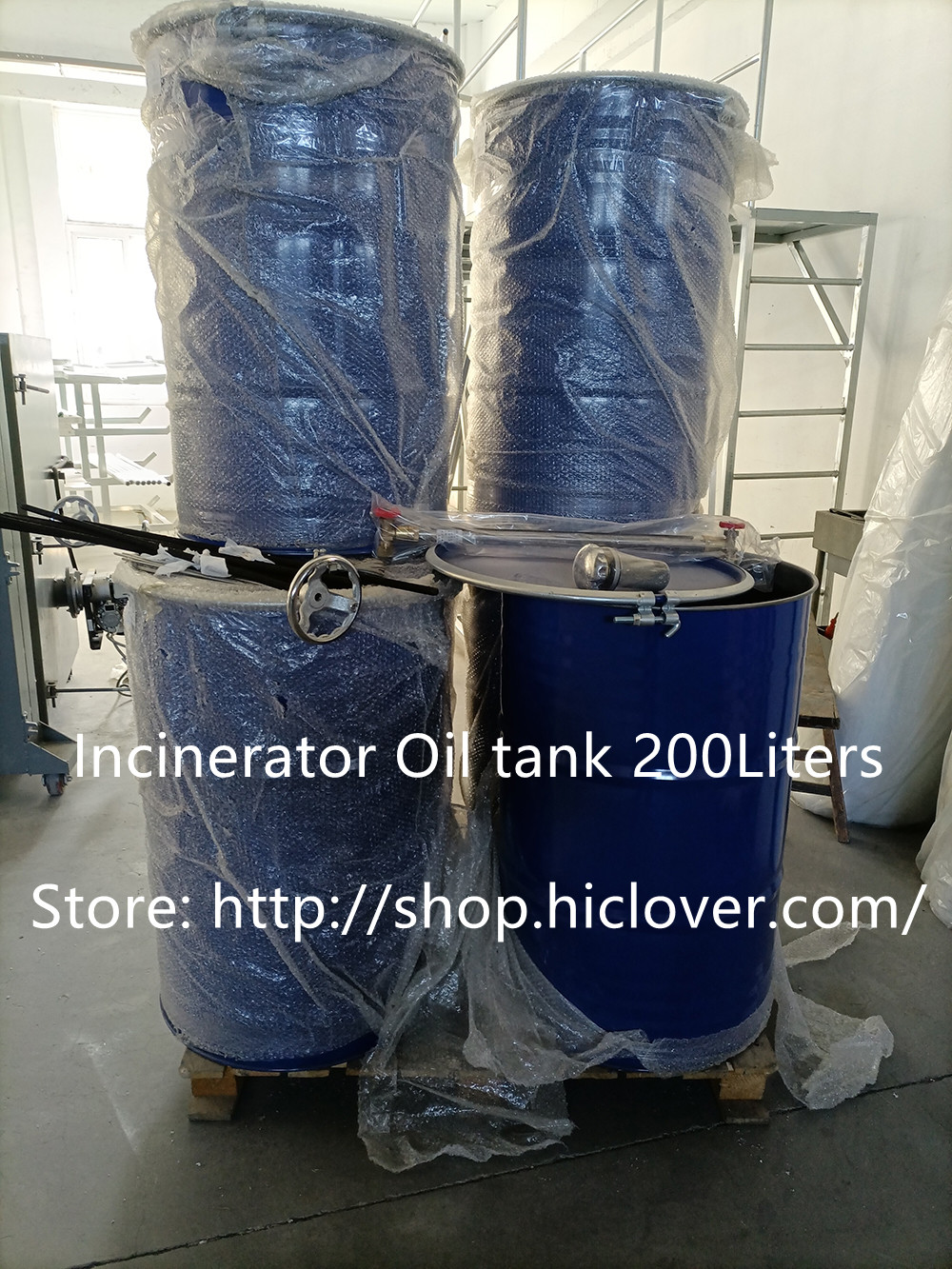The Role of Incineration in Healthcare Waste Management: A Comprehensive Guide- explanation on incineration in health centre

Healthcare waste management is a critical aspect of the healthcare industry that is often overlooked. However, the proper disposal of medical waste is essential to protect the environment and prevent the spread of infectious diseases. Incineration is one of the primary methods used in healthcare waste management to safely and effectively dispose of hazardous medical waste.
Incineration is the process of burning waste materials at high temperatures in specially designed facilities called incinerators. This process is highly effective in destroying pathogens, such as bacteria and viruses, that may be present in medical waste. Additionally, incineration reduces the volume of waste by up to 90%, making it a cost-effective solution for healthcare facilities.
In healthcare waste management, there are three main categories of waste: general waste, hazardous waste, and infectious waste. General waste includes items such as paper, packaging materials, and food waste, while hazardous waste includes materials such as chemicals, pharmaceuticals, and radioactive materials. Infectious waste, also known as biohazardous waste, includes items contaminated with blood, bodily fluids, or other potentially infectious materials. Incineration is particularly well-suited for disposing of hazardous and infectious waste.
There are several key advantages to using incineration in healthcare waste management. First and foremost, incineration is highly effective in destroying pathogens and reducing the risk of infection. By incinerating medical waste, healthcare facilities can effectively protect their staff, patients, and the surrounding community from the potential spread of infectious diseases.
In addition to its effectiveness in destroying pathogens, incineration is also an environmentally friendly method of waste disposal. Modern incinerators are equipped with advanced technology that controls emissions and reduces air pollution. This makes incineration a safe and sustainable solution for healthcare waste management.
Furthermore, incineration is a convenient and cost-effective option for healthcare facilities. Incinerators can be located on-site or off-site, depending on the needs of the facility. This flexibility allows healthcare facilities to easily dispose of medical waste in a timely and efficient manner. Additionally, incineration eliminates the need for costly storage and transportation of medical waste, saving healthcare facilities both time and money.
Despite its many advantages, incineration also has its drawbacks. Critics of incineration argue that the process can release harmful pollutants into the air, soil, and water. However, modern incinerators are equipped with advanced pollution control devices, such as scrubbers and filters, that minimize emissions and comply with strict environmental regulations.
In conclusion, incineration plays a vital role in healthcare waste management by safely and effectively disposing of hazardous and infectious medical waste. By utilizing incineration, healthcare facilities can protect the environment, prevent the spread of infectious diseases, and reduce costs associated with waste disposal. With proper regulation and oversight, incineration remains a valuable tool in the healthcare industry’s efforts to manage waste responsibly.